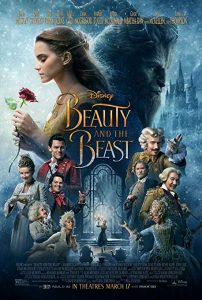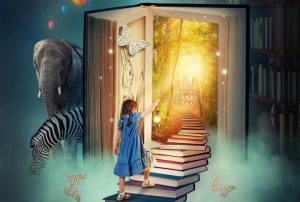
Ever wonder why there are so many fairy-tale remakes out right now? It’s not because the original was terrible. It’s because the nostalgia hit is a powerful thing, and it’s a very easy way to make money.
Millennials in particular are the target audience for people who want to capitalize on nostalgia. It’s an odd feeling, considering that millenials were born barely over twenty years ago. Twenty years is nothing in the grinding wheel of time, but in that twenty years, there has been a lot happening.
Rima Mandwee said that “Millennials have grown up in one of the fastest evolving decades of technology in human history. Our formative years grew parallel to the rise of Internet and all of the technology that developed along with it.” Basically, we’ve seen significant change. We were born in the generation when cell phones were still blocky devices that were bigger than our heads; now they are sleek computers that can fit in the palm of our hand. In twenty years, technology has grown faster than we did.
Even though the distance between past and present aren’t far for us, we yearn for the past because we suddenly don’t even understand the present.
Then, all of a sudden, we don’t understand ourselves.
But there was a time when we did understand ourselves. The past used to make sense, so we seek it, and marketing has taken notice. Studies have shown that marketing companies are attracted to millennials because of their purchasing power and their desire to understand where we fit in the world. “Throwback” has been the name of the game, and we have seen the rise of vintage technology, such as old school logos, typewriters, and even record turntables. Entire companies have risen and fallen in the last decade alone based around the formula of millennial nostalgia.
The media loves this formula the most.

Fairy tales in particular are a target for this kind of thinking. With the birth of live action Disney revivals, the rise and fall of Once Upon A Time and bestselling series such as the Cinder series, fairy tales have proven to deliver on the nostalgia high. “Beauty and the Beast”, a remake of the old Disney movie that was, in turn, a recreation of the original fairy tale, made over 1 billion dollars just in its theater release.
We are obsessed with these fairy tales because fairy tales are our first encounter with magic. They are our beginner’s guide to morality, love, courage and excitement. We learn quickly that life doesn’t deliver on what fairy tales promised us. Life isn’t always black and white, love often falls short of a happy ending, fear conquers us day after day and our jobs are dull. Most importantly, there isn’t a fairy godmother to remove the mounting problems that millennials are facing. So it does our heart good when we see fairy tales on the screen again, because it reminds us of a time when life was a lot easier. It’s a safe place, a comfortable place where good beats evil and Goldilocks doesn’t have to worry about getting a job (even though she has a Bachelor’s degree in the Culinary Arts).
We travel backwards, and we feel safe.
